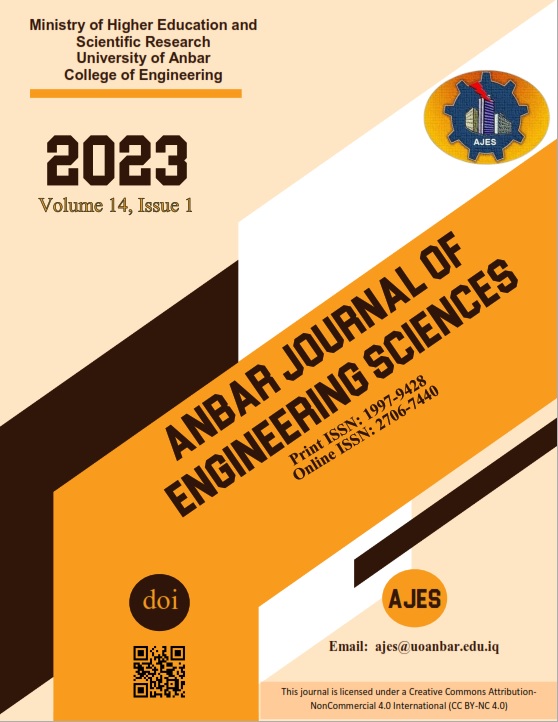Abstract
Obesity is the excess of body weight relative to height above the desired level as a result of excessive increase in the ratio of body fat mass to lean mass. It causes many health problems due to its negative effects on body systems (cardiovascular system, musculoskeletal system, gastrointestinal system, respiratory system, skin, endocrine system, genitourinary system) and psychosocial status. In this study is aimed to effective detection of the eating and physical condition-based obesity stages using machine learning algorithms. The dataset contains data for the estimation of obesity stages in individuals from Mexico, Peru, and Colombia and is available as open source. There are 2111 records and 17 attributes in the dataset. In the records, obesity stages were categorized as insufficient weight, normal weight, overweight level I, overweight level II, obesity type I, obesity type II and obesity type III. The 10-fold cross-validation method was used to validate the model and the performances of the Support Vector Machine (SVM), Random Forest (RF), and Multilayer Perceptron (MLP) classification algorithms were compared. It has been determined that the highest performance among the algorithms whose performances are compared belongs to the RF Algorithm (95.78%). This paper’s abstract has been presented at the International Conference on Computational Mathematics and Engineering Sciences held in Ordu (Turkey), / 20-22 May. 2022.

